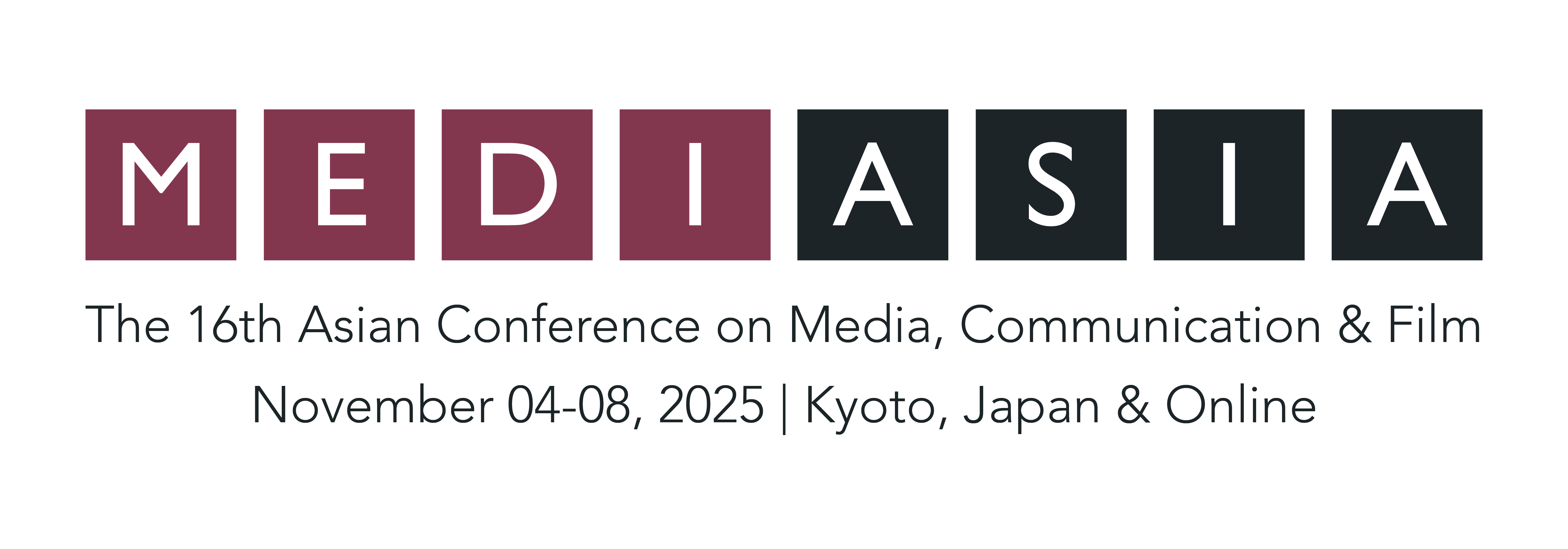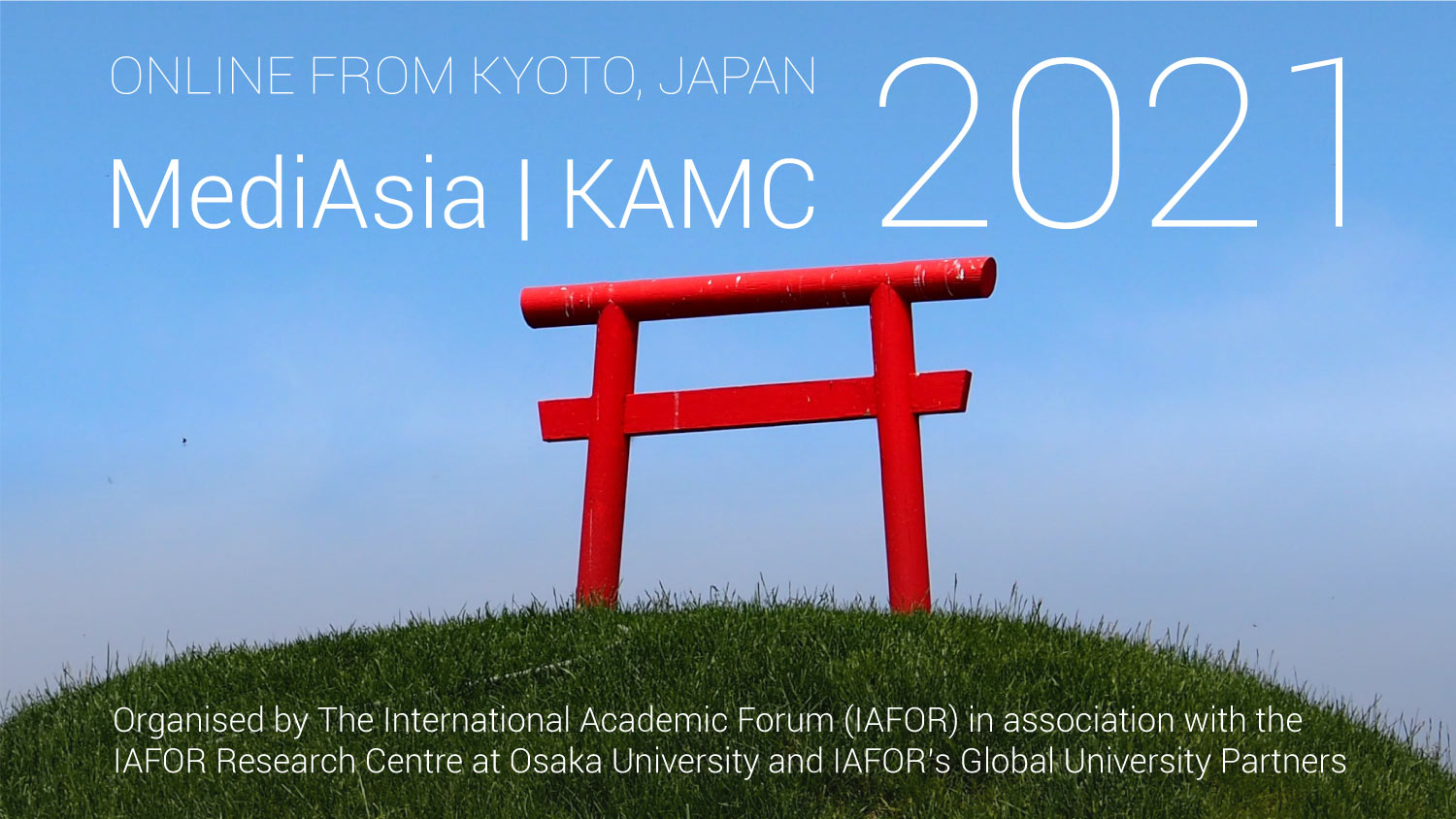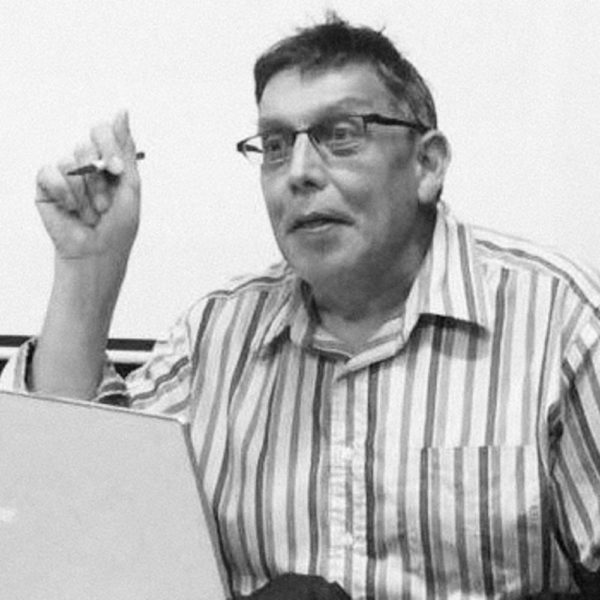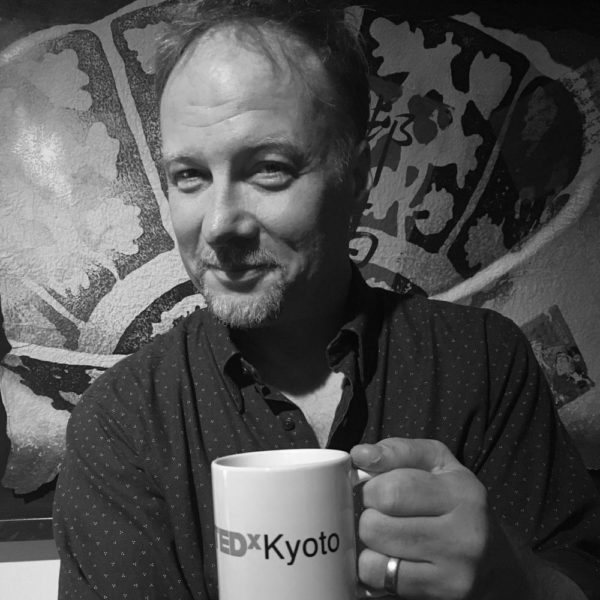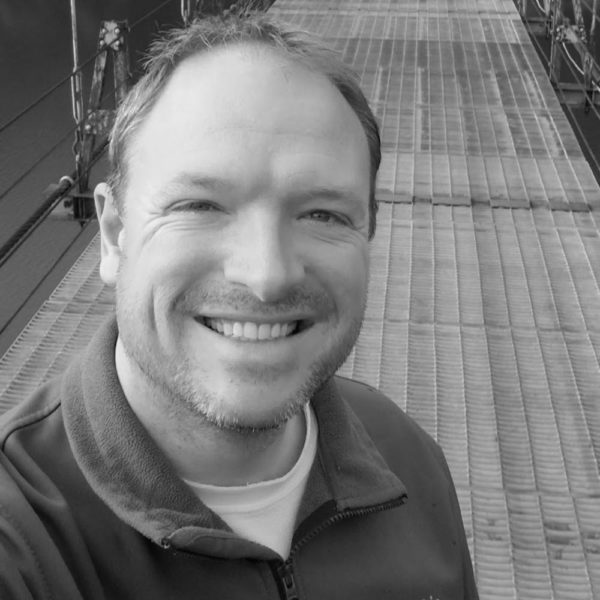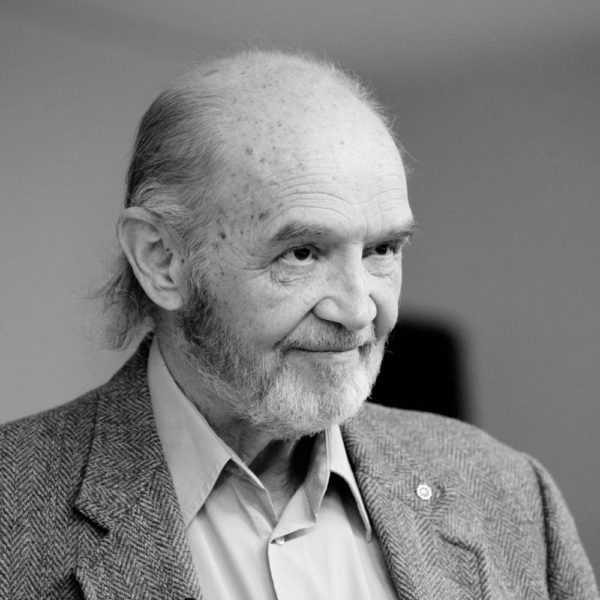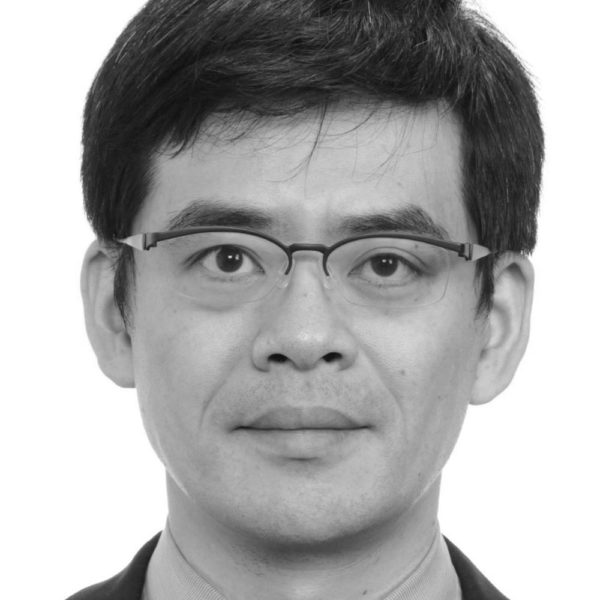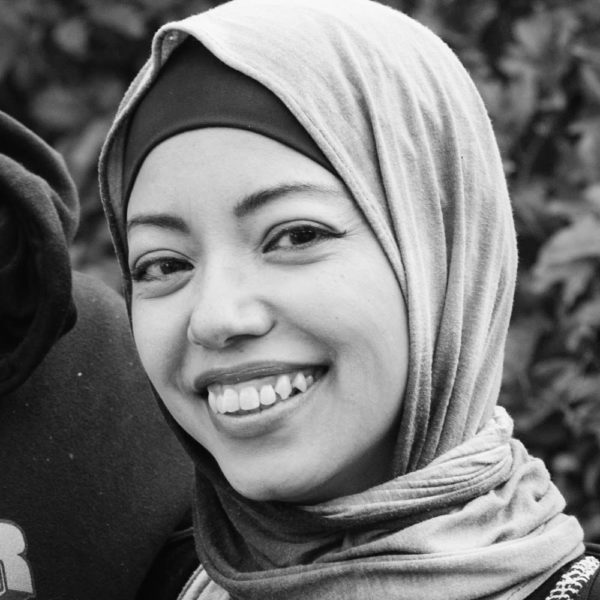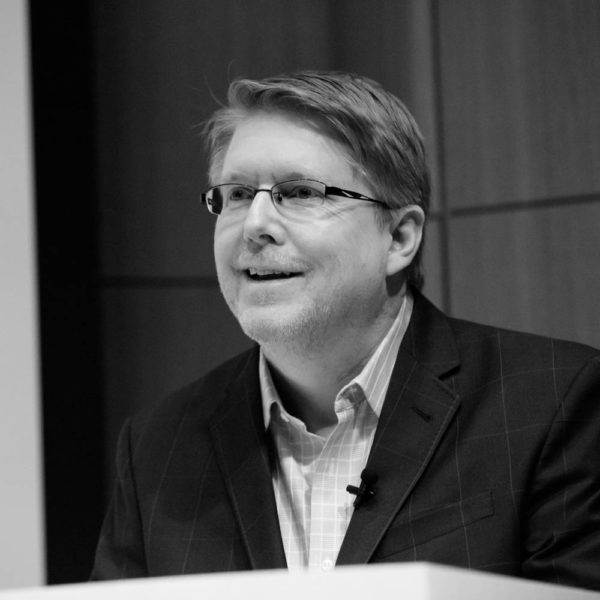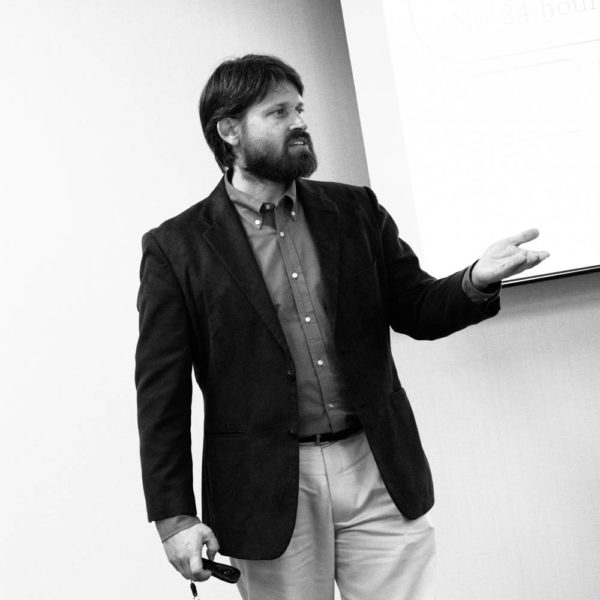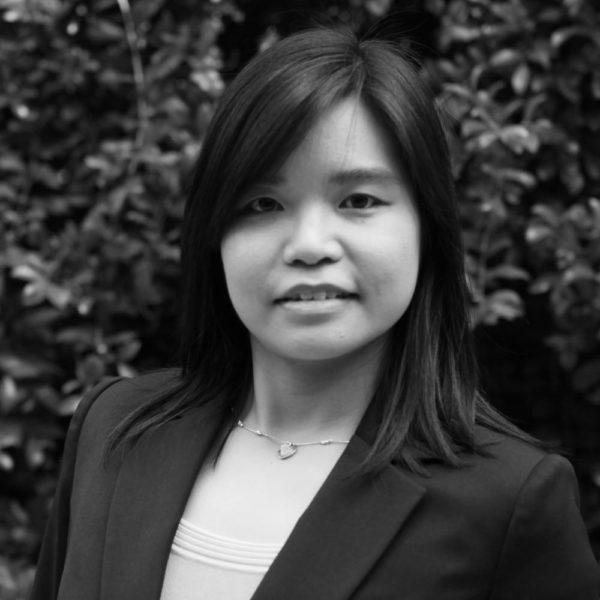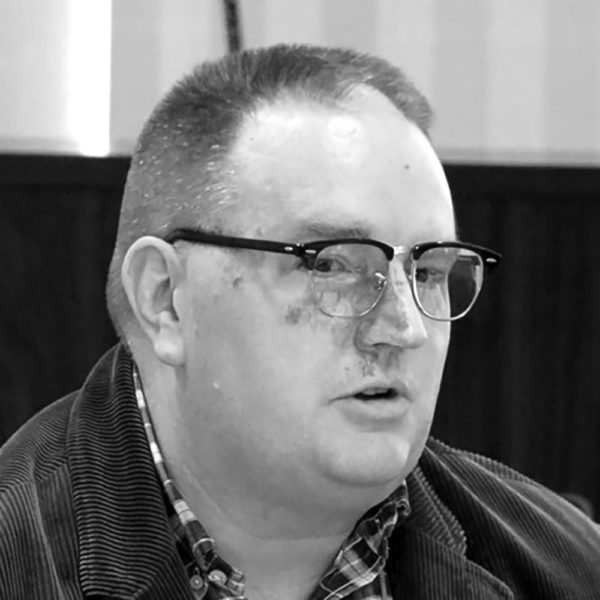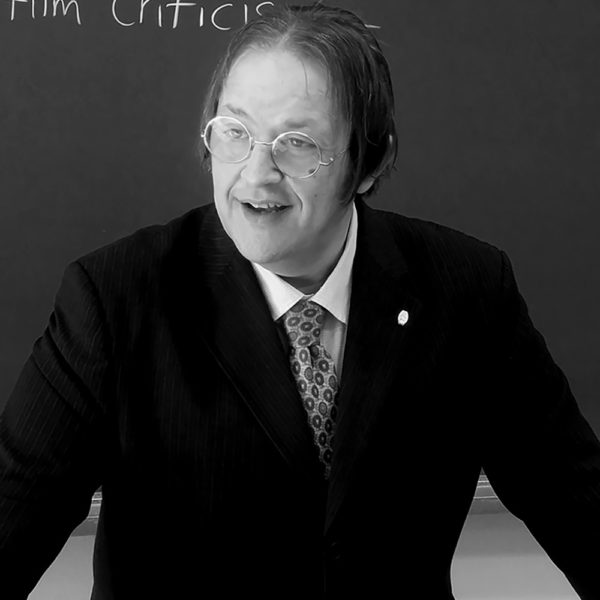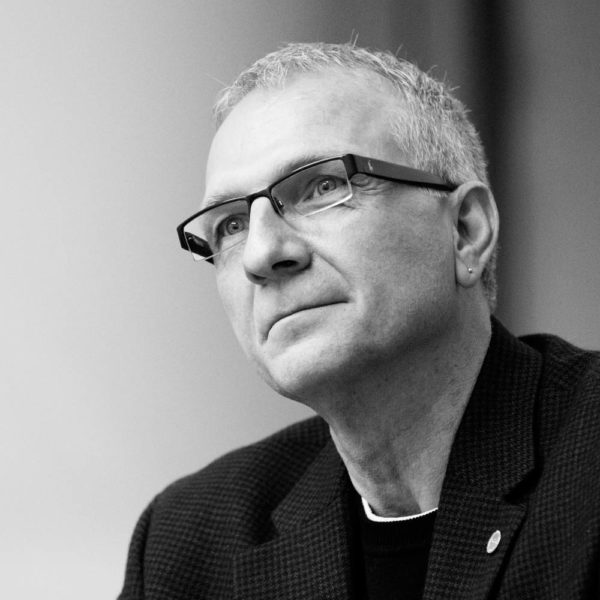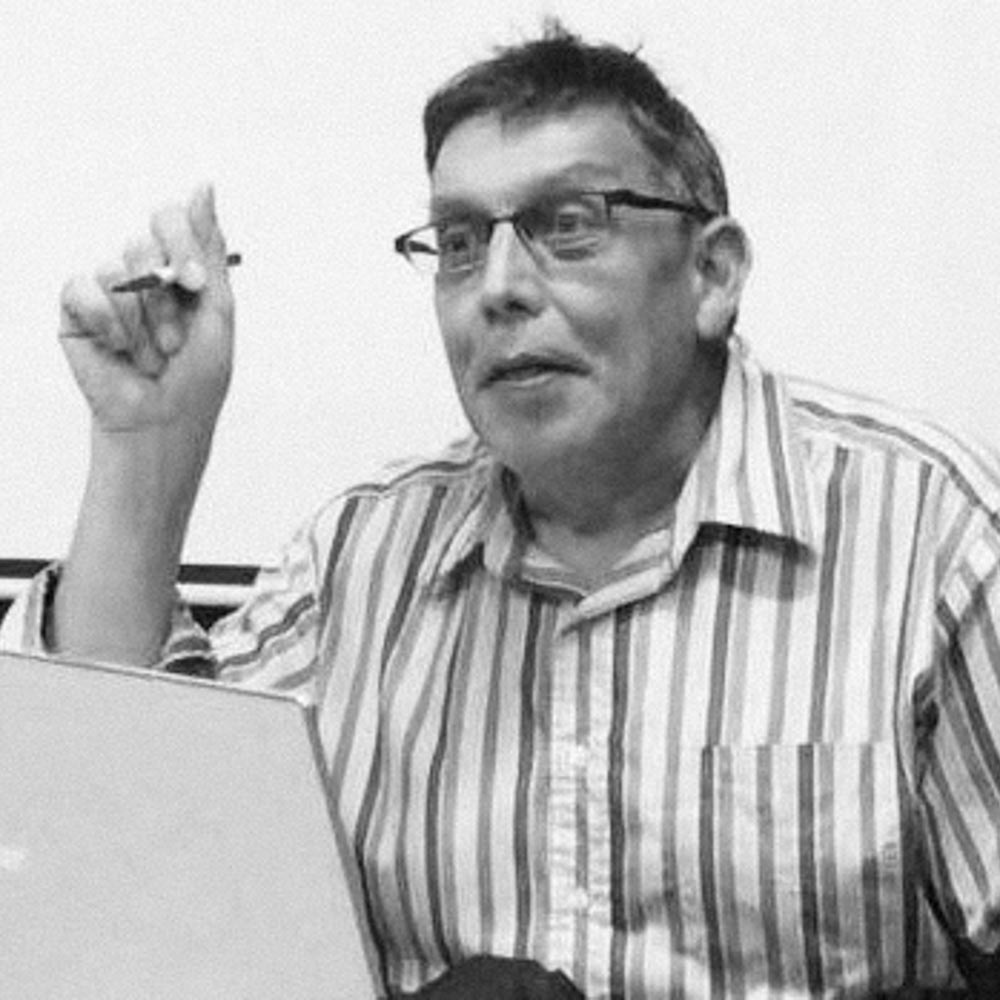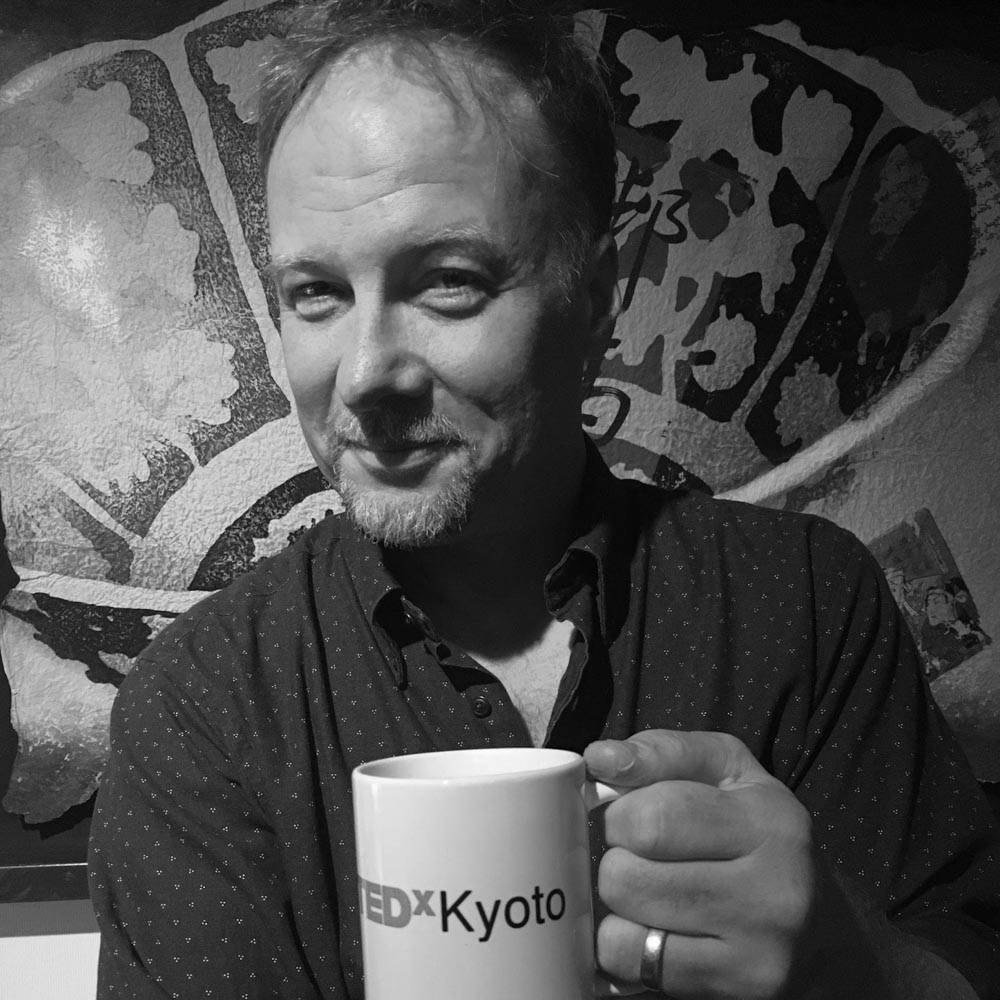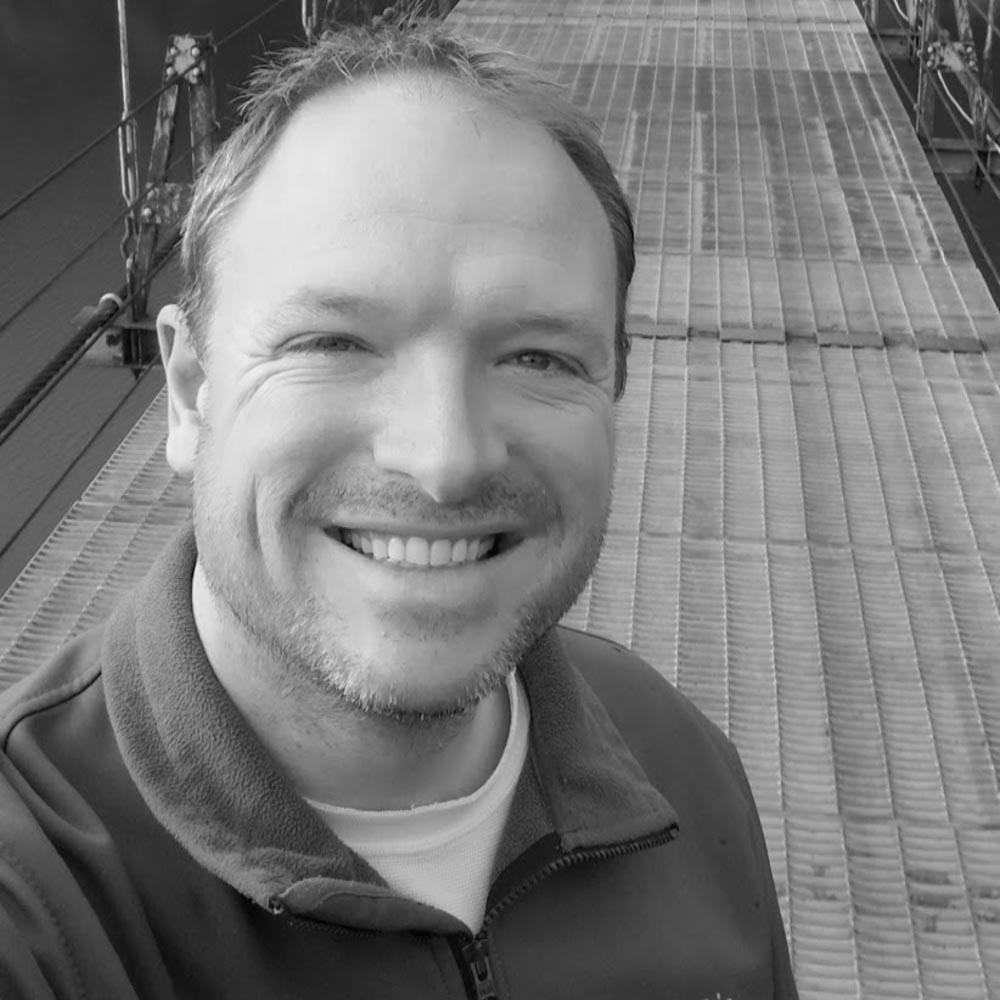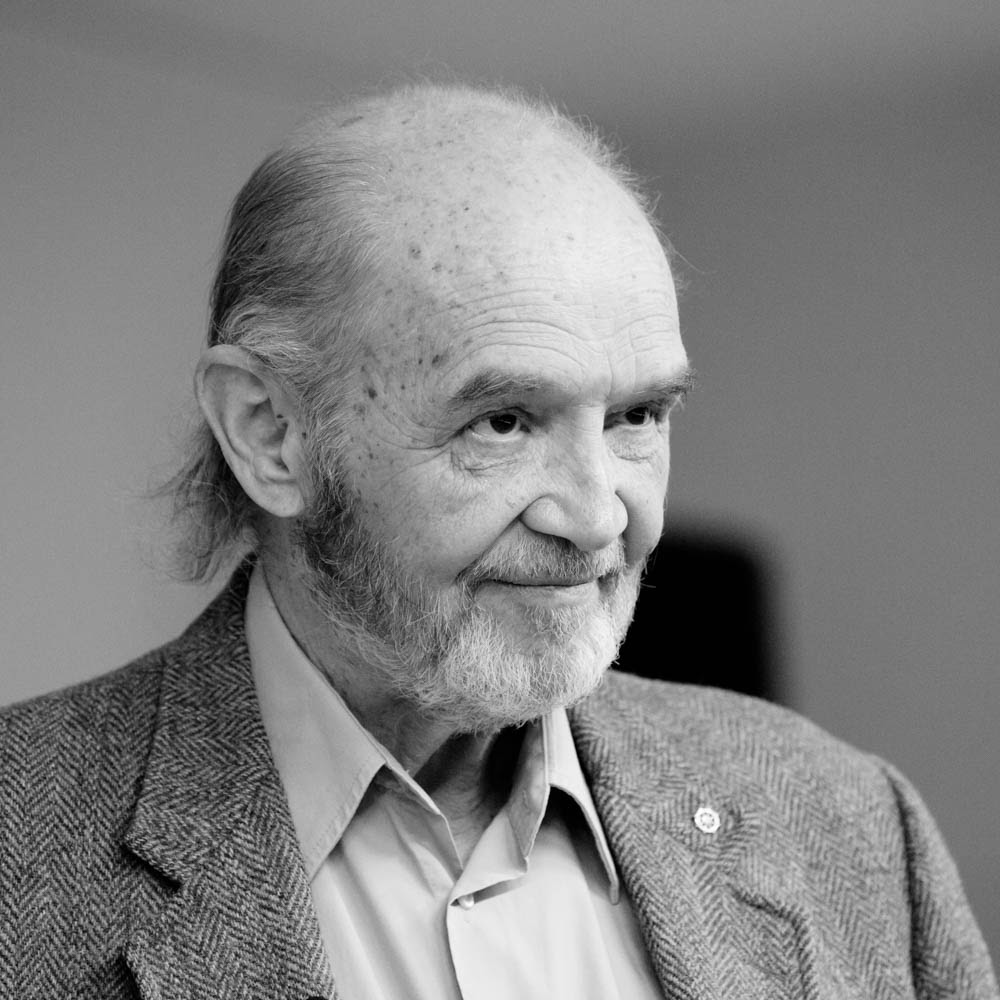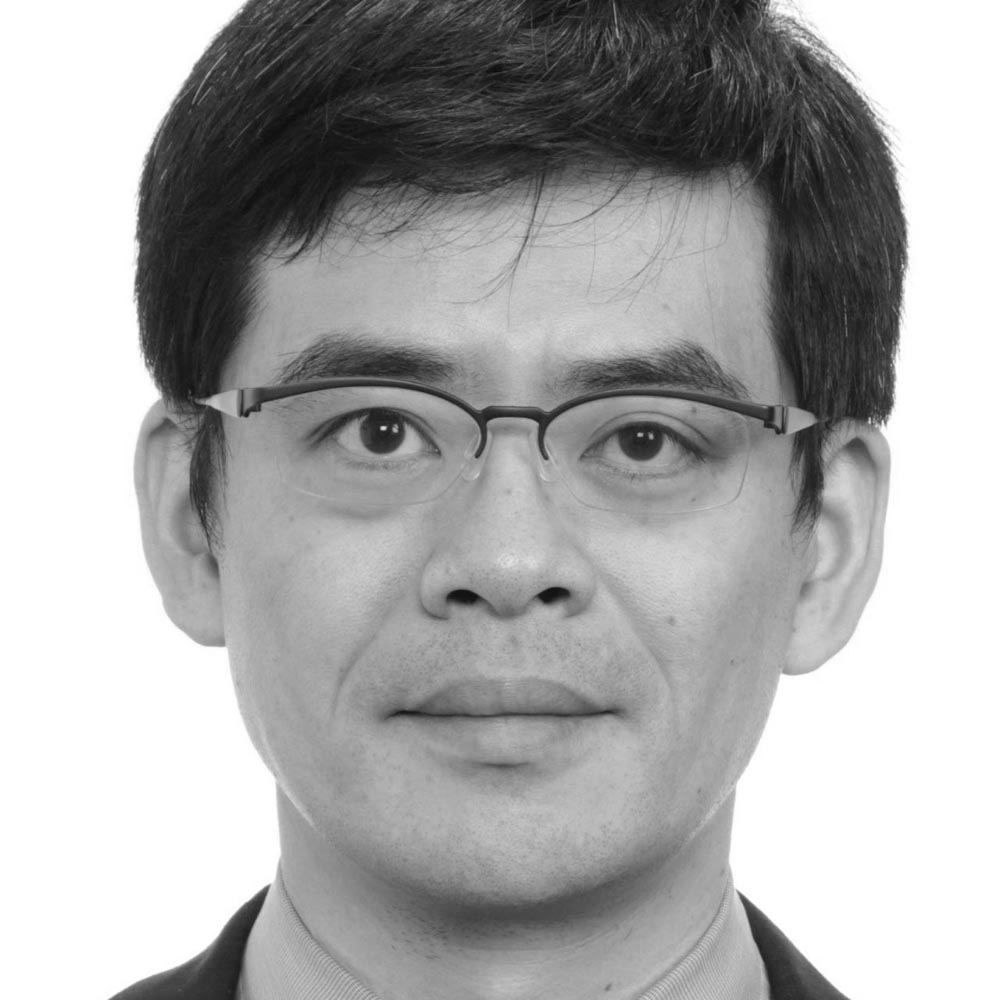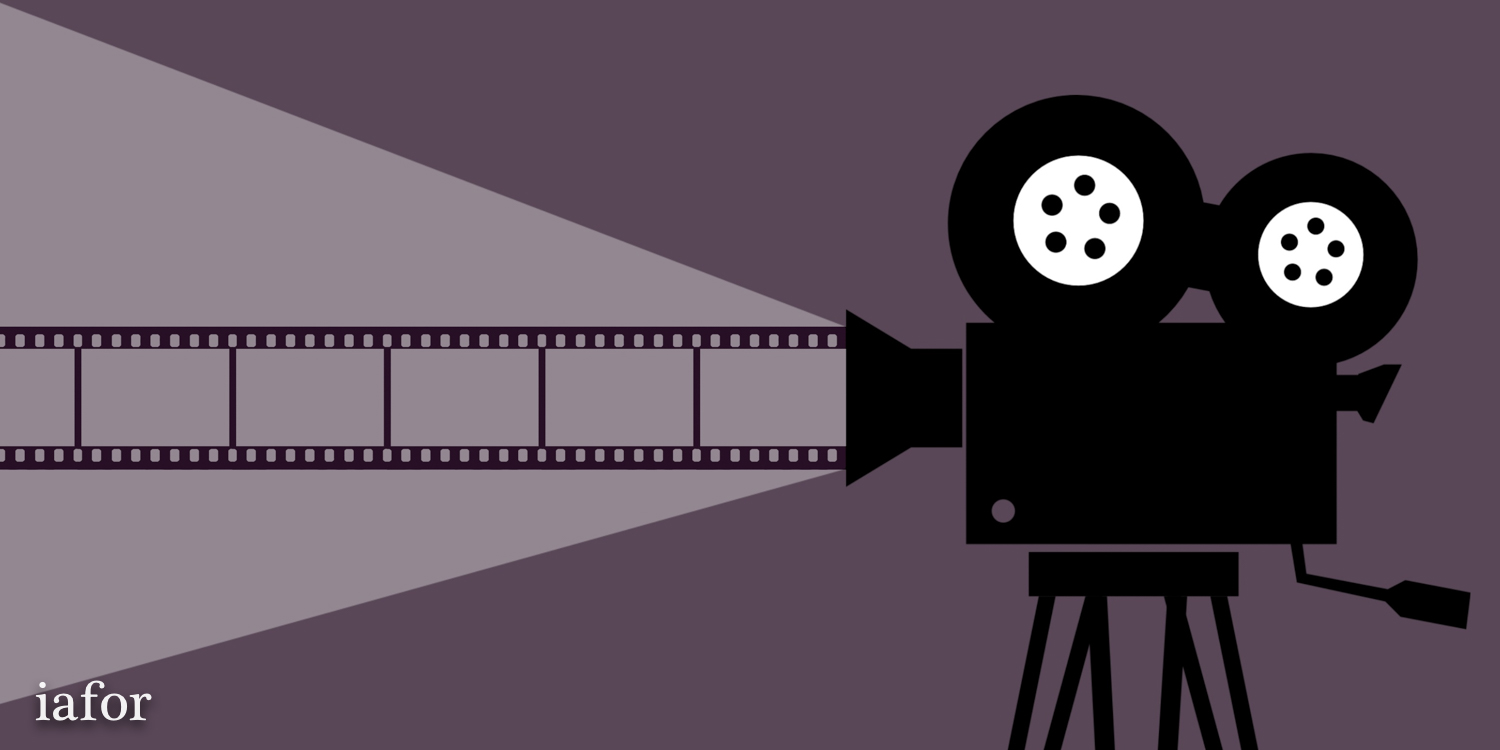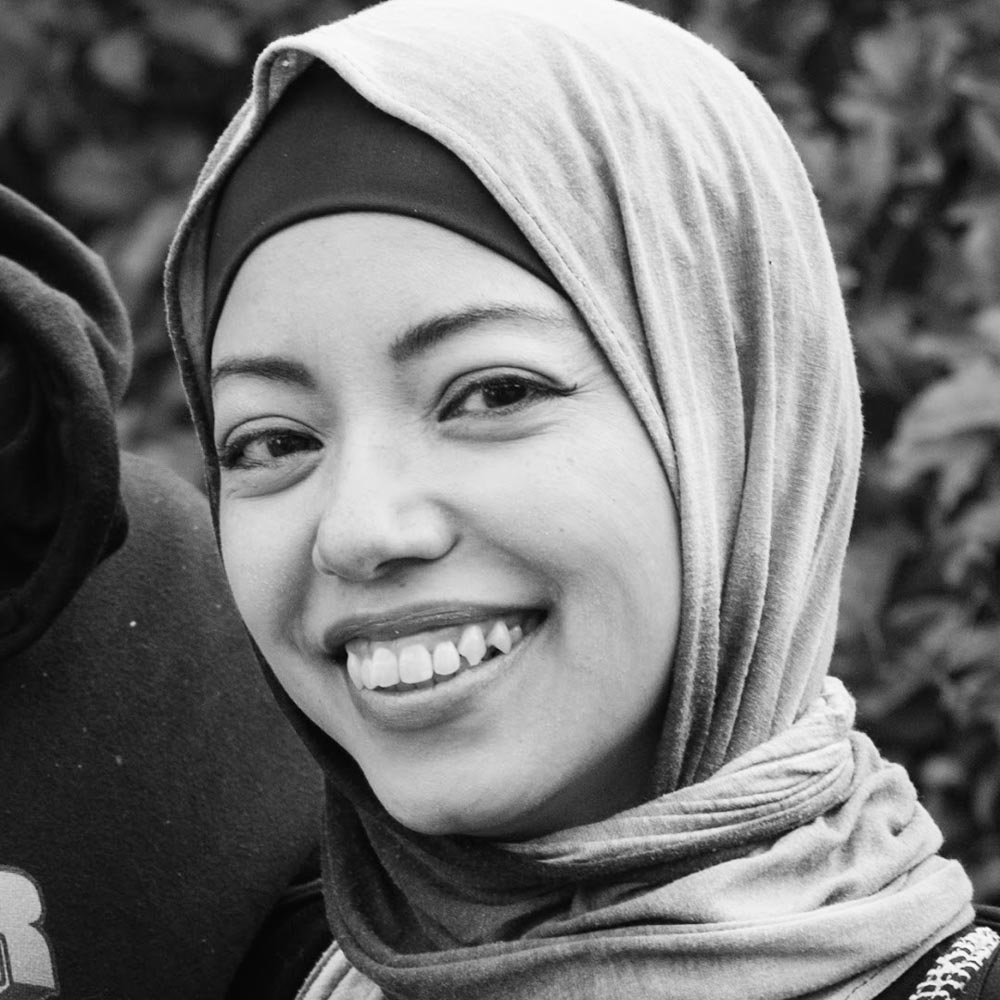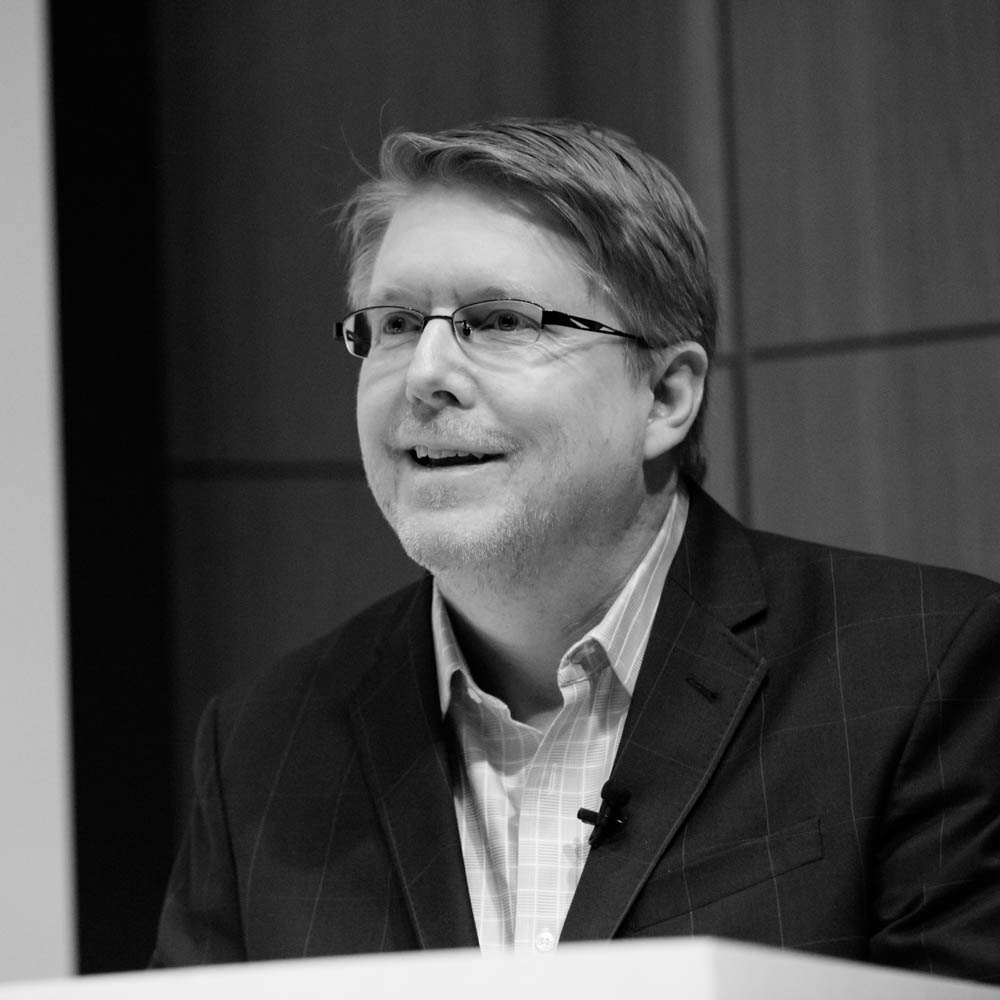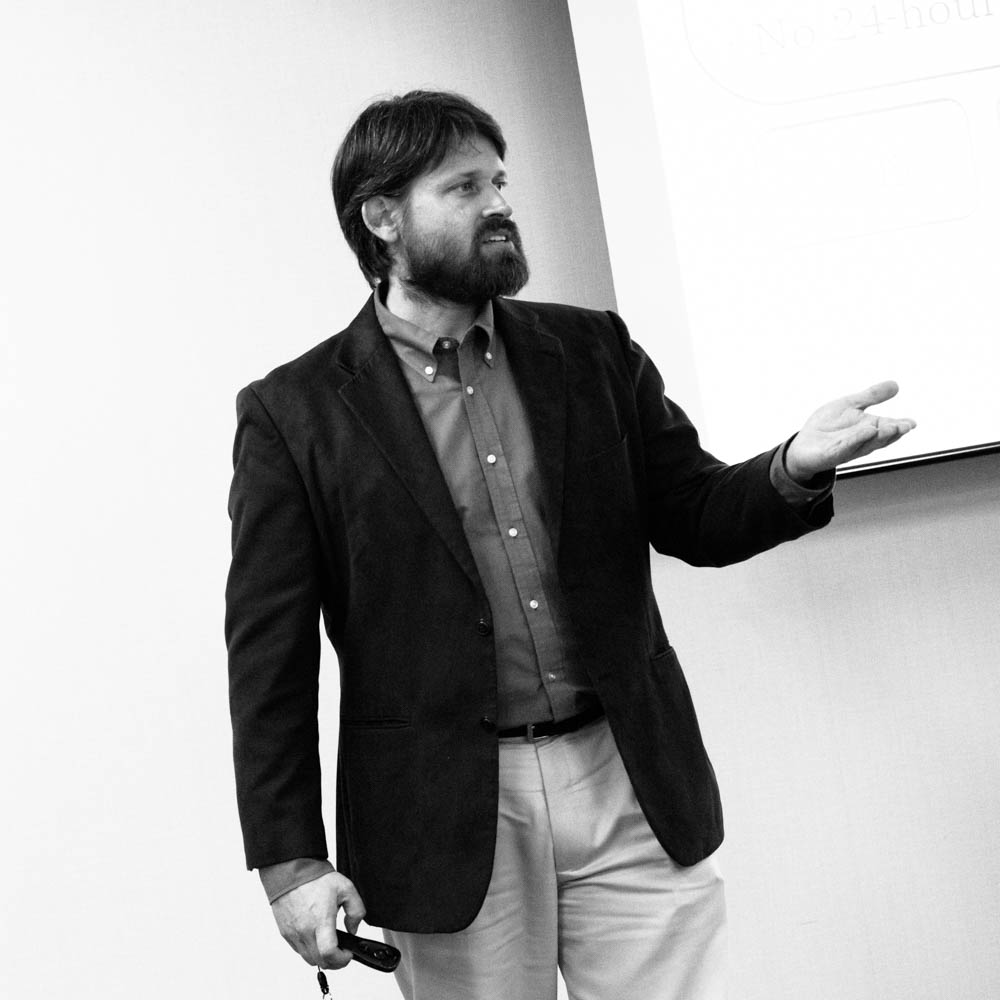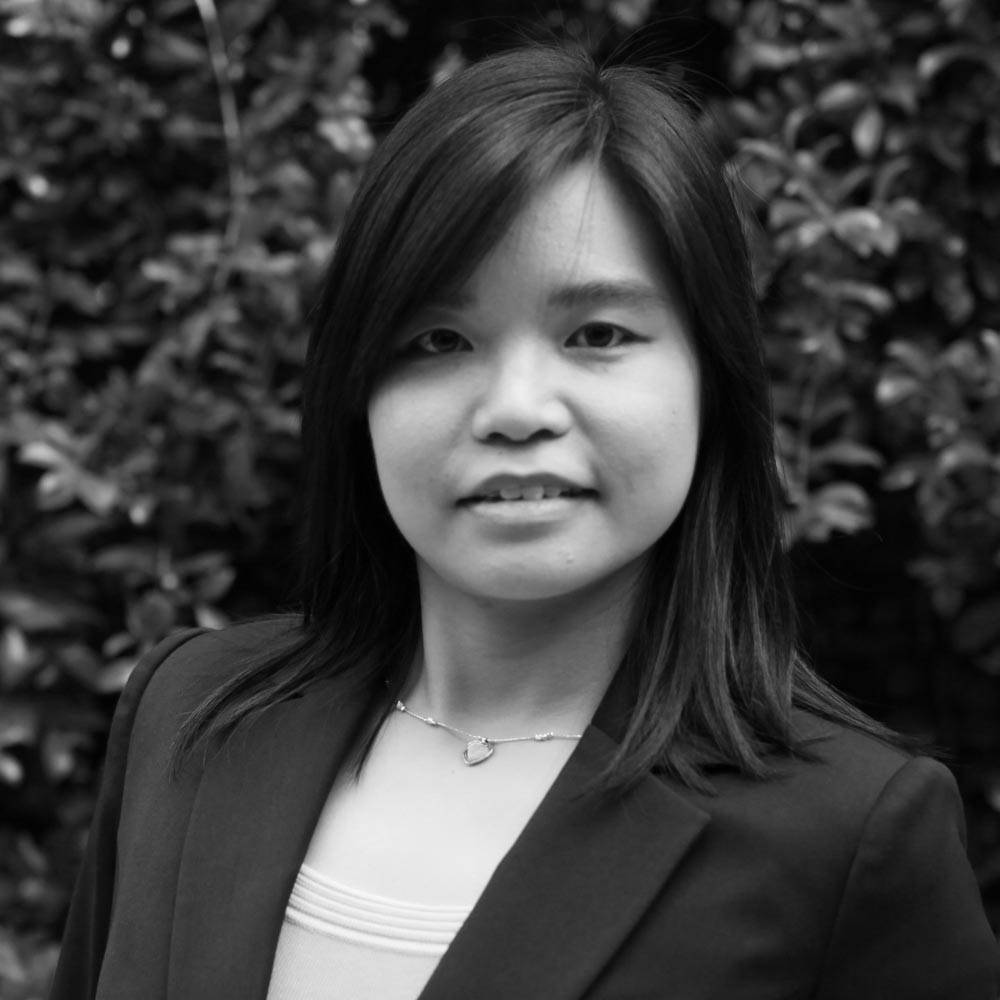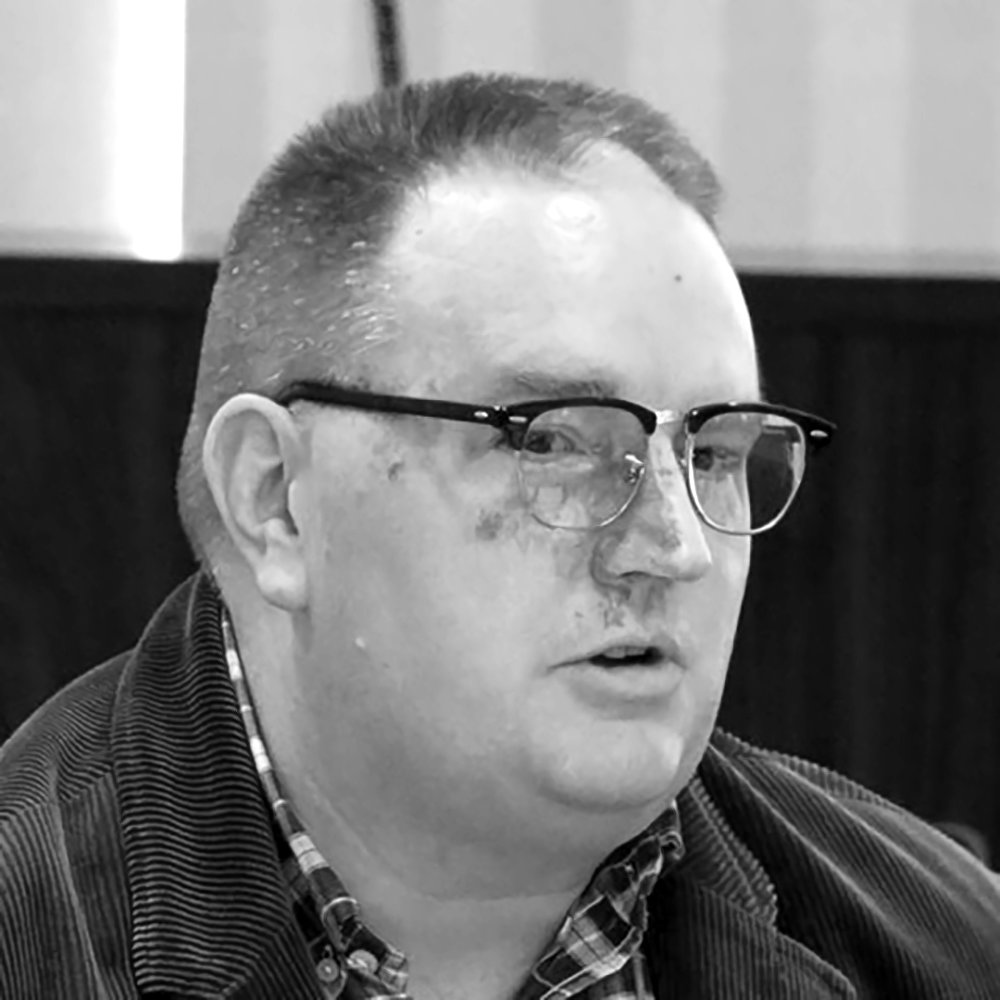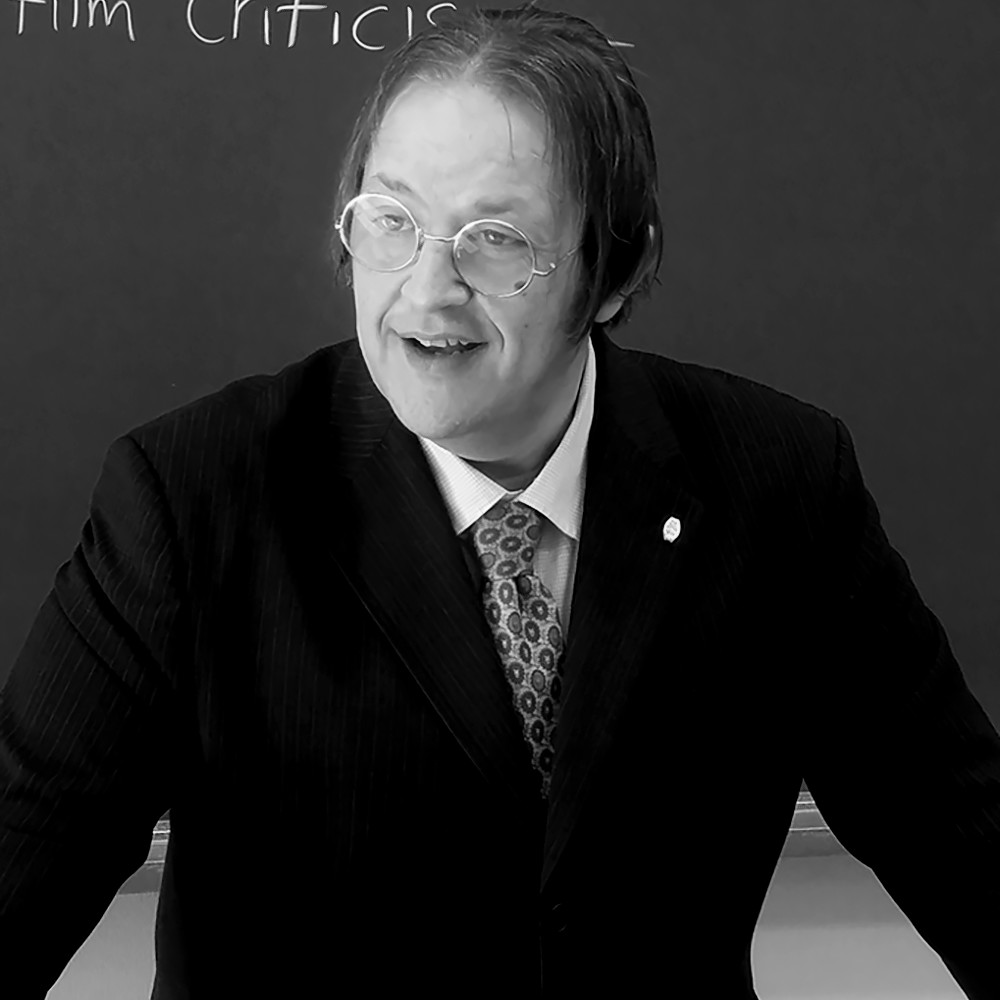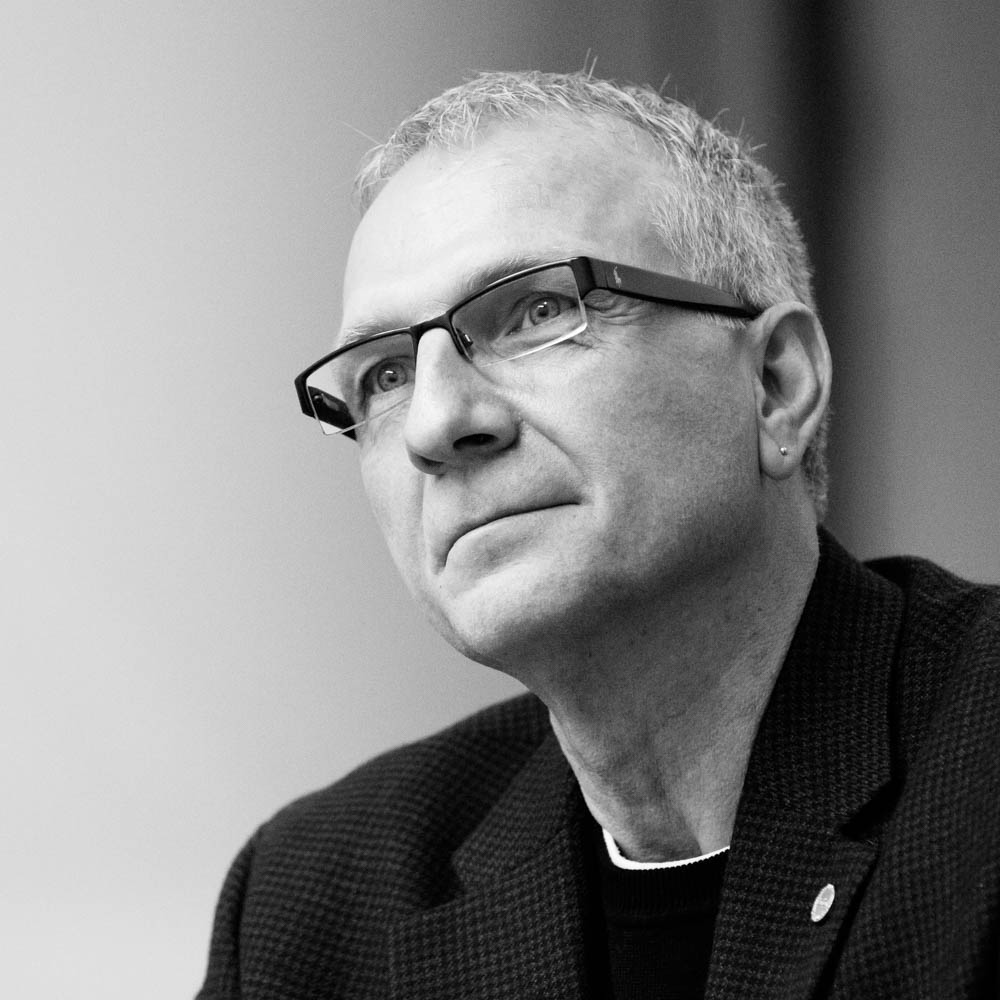MediAsia2021
November 9–11, 2021 | Held online from Kyoto, Japan
Speakers
-
Mehrasa AlizadehOsaka University Cybermedia Center, Japan
-
Eric HawkinsonKyoto University of Foreign Studies, Japan
-
Amelia IjiriKyoto Institute of Technology, Japan
-
Earl JacksonAsia University, Taiwan & University of California, United States
-
Jay KlaphakeKyoto University of Foreign Studies, Japan
-
Angus McGregorKyoto University of Foreign Studies, Japan & Kyoto Gaidai Nishi High School, Japan
-
Corey NoxonRitsumeikan University, Japan & Lake Biwa Museum, Japan
-
Brian VictoriaOxford Centre for Buddhist Studies, UK
-
Kojiro YanoOsaka Institute of Technology, Japan
Programme
-
Spectacle and Scrutiny: The Analytic Image in Japanese CinemaKeynote Presentation: Earl Jackson
-
Immersive Media Design ShowcaseWorkshop Presentation: Mehrasa Alizadeh, Eric Hawkinson, Amelia Ijiri, Jay Klaphake, Angus McGregor, Corey Noxon & Kojiro Yano
-
‘Holy War’ as Portrayed in Japanese Films, 1937-45Keynote Presentation: Brian Victoria
-
When Media Watches You – The Rise of Immersive TechnologyKeynote Presentation: Eric Hawkinson
Organising Committee
The Conference Programme Committee is composed of distinguished academics who are experts in their fields. Conference Programme Committee members may also be members of IAFOR's International Academic Board. The Organising Committee is responsible for nominating and vetting Keynote and Featured Speakers; developing the conference programme, including special workshops, panels, targeted sessions, and so forth; event outreach and promotion; recommending and attracting future Conference Programme Committee members; working with IAFOR to select PhD students and early career academics for IAFOR-funded grants and scholarships; and overseeing the reviewing of abstracts submitted to the conference.
-
Nasya BahfenLa Trobe University, Australia
-
Joseph HaldaneThe International Academic Forum (IAFOR), Japan
-
Bradley J. HammMedill School of Journalism, Northwestern University, USA
-
Virgil HawkinsOsaka University, Japan
-
Eric HawkinsonKyoto University of Foreign Studies, Japan
-
Celia LamUniversity of Nottingham Ningbo China (UNNC), China
-
Timothy W. PollockOsaka Kyoiku University & Hagoromo University of International Studies, Japan
-
Paul SpicerHokkaido University, Japan
-
Gary E. SwansonUniversity of Northern Colorado, USA (fmr.)
Review Committee
- Professor Azza Ahmed, Zayed University, United Arab Emirates
- Dr Jason Bartashius, Independent Researcher, Japan
- Dr Ka Lok Sobel Chan, Hong Kong Baptist University, Hong Kong
- Dr Maria Figueredo, York University, Canada
- Professor William Kunz, University of Washington Tacoma, United States
- Dr Jonalou Labor, University of the Philippines, Philippines
- Dr Michael Ogden, Zayed University, United Arab Emirates
- Dr Rachna Sharma, Lady Shri Ram College For Women, University of Delhi, India
- Dr Paul Spicer, Hokkaido University, Japan
- Dr Suranti Trisnawati, Institut Teknologi Bandung, Indonesia
- Dr Jeongsil Yoon, Dongduk Women's University, South Korea
